Pregame speeches in the locker room are filled with notions of opportunity. Every athlete is seen as equal in character and holds a certain level of responsibility to each other and to the game. Athletics thrive on the potential of the unknown and the rise of the underdog.
In any athletic moment, there is a chance to prove to others that anybody can be somebody. The annual “Be True” campaign that Nike released for Pride Month holds these values of equality and respect in athletics to be true.
Nike is one of the biggest stakeholders in the world of athletics, but what makes them different from other companies is the specific values they built their company around. These values stress respect and equality, which is what their “Be True” campaign is about.
The campaign, running for the sixth year in a row, takes a stand against discrimination and celebrates the potential of all athletes. The athletic wear that comes out of this collection is LGBTQ-inspired and centered around a rainbow gradient. According to Nike’s website, the rainbow colors are meant to reflect both the diversity found within the world of sports, as well as Nike’s support or the LGBTQ community.
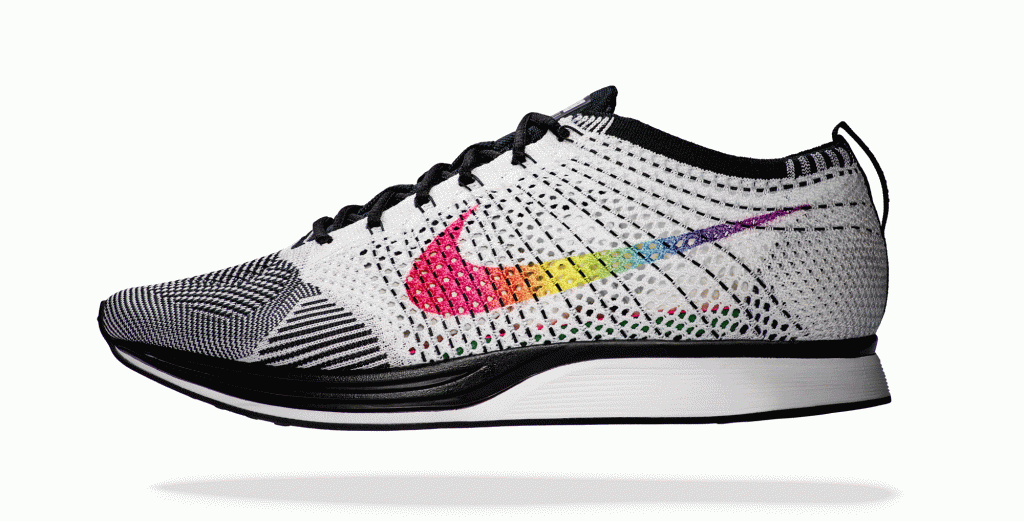
Prior to this release, Nike launched the “Equality” campaign for the first time ever in February. It aims to encourage people to take the fairness and equality found on a sport’s field and expose the rest of the world to it off the field. Nike released a statement saying, “The EQUALITY tee is a symbol of Nike’s unwavering commitment to diversity and inclusion.”
With the legendary Michael Jordan as the spokesman, Nike released a short film that sends a message about the idea of boundaries. In talking about the concrete court in the film, Jordan emphasizes, “Here, you’re defined by your actions, not your looks or beliefs. Equality should have no boundaries.” This message permeated the sports industry, thus allowing a natural progression to the introduction of the “Be True” campaign once again.
The “Be True” campaign started in 2012 as a way to connect with the LGBTQ community in a more personalized way. Nike is known for their ability to customize athletic wear from tees to shoes with their NIKEiD products; initially, this allowed them to make select styles for the campaign in celebration of Pride Month.
With an emphasis on equality and athletic prowess, Nike maintains the eight colors of the original 1978 Pride Flag. The various colors are meant to symbolize diversity in the LGBTQ community: life (red), healing (orange), sunlight (yellow), nature (green), harmony and peace (blue) and spirit (purple/violet). Pink and turquoise were removed from the flag in 1979, which stood for sexuality and art/magic.
Over the years, the flag has become universally known to be a symbol of pride. In fact, in June 2015, the Metropolitan Museum of Modern Art in New York City acquired the flag as a symbol and work of art.
With these colors in mind, the 2017 BETRUE collection includes a series of firsts. Featuring the first eight-color, HD rainbow Swoosh design, the first rainbow VaporMax Air unit, the Nike Cortez, one of the first footwear releases by the company, with “BEEN TRUE” printed on the sock-liner. It is also the first time the BETRUE collection will be made available in cities around the world.
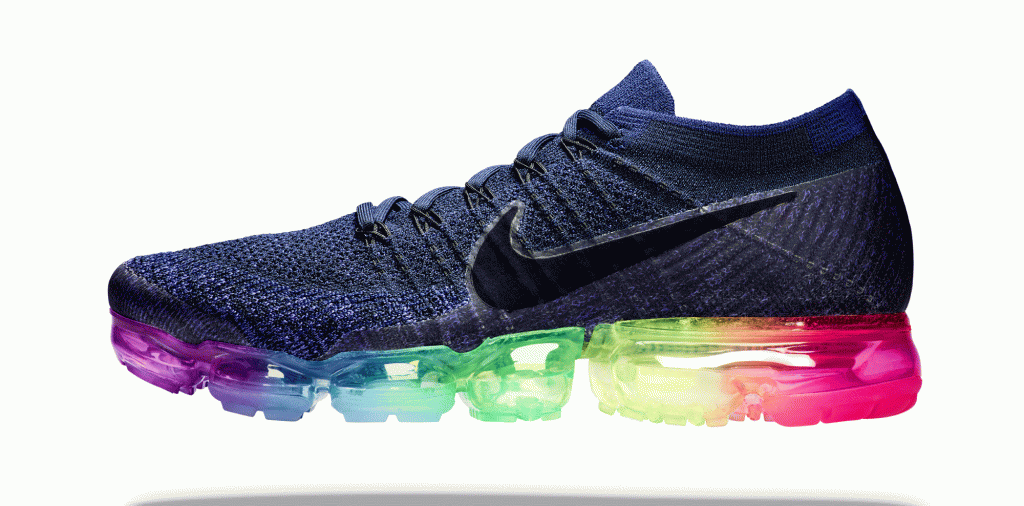
The 2017 footwear and apparel collection also pairs the classic rainbow gradient with other prominent, well-known symbols of pride. Included in these are the color pink and the triangle. These are combined with Nike innovations and the message “Run Fierce” printed on the shoe’s sock liners.
The messages that are promoted on the products themselves go beyond branding and marketing techniques. Rather, these words harken back to the messages that lie within the “Equality” campaign that question if this is the land history promised. Michael Jordan constantly reiterated the point of this movement, saying, “opportunity should be indiscriminate, worth should outshine color, the ball should bounce the same for everyone.”
Nike has also recently partnered with MENTOR and PeacePlayers International to facilitate change within communities. According to their website, Mentor is “the unifying national organization in advancing quality youth mentoring relationships and connecting volunteers to opportunities in local communities.” PeacePlayers International is a program that uses the sport of basketball to “bridge divides, develop leaders, and change perceptions” in divided communities around the world.
The impact that Nike has made through these campaigns is incomparable to most others. In the United States, since 2012, Nike has provided approximately $2.5 million in financial and in-kind support to LGBTQ causes. They also plan to donate $5 million in 2017 to various organizations that advance equality in communities across the U.S. These organizations include MENTOR and PeacePlayers International.
Sports marketing has certainly taken a different turn with the spread of Nike’s campaign. Robert Gorman, Nike’s LGBTQ network leader, stated that the brand’s focus was to “create something that people could unite around to show their support for LBGTQ athletes.” As this campaign has reached new heights in social and economic success, Nike is not the only company to show their support for the LGBTQ community through athletic-wear campaigns.
Adidas has also released its annual collection of LGBTQ-inspired footwear. The “Pride Pack,” as the company terms its collection, features a number of different styles that highlight the rainbow gradient as well. While these companies often find themselves in competition with each other to produce the next big product, these campaigns are about something more than economics and bragging rights.
Gorman concludes, “Sporting your rainbow in the gym or on a run became a way to feel like you belonged to something larger—you were connected to being ‘out’ or being an ally.” Sports marketing during Pride Month is about creating authentic messages while taking a stand against discrimination and once again celebrating the potential of every athlete, regardless of their sexual orientation.


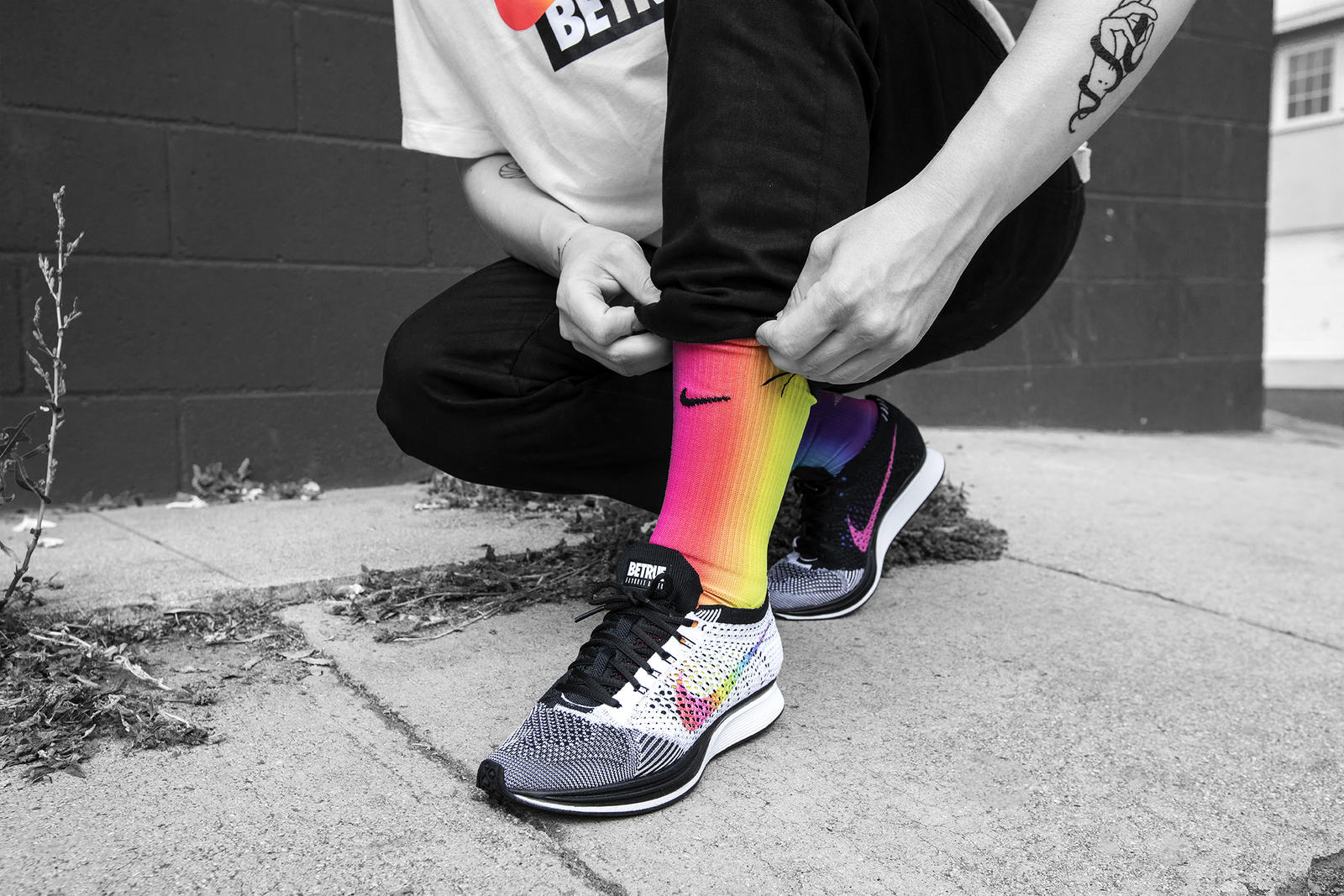




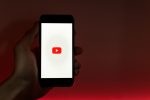

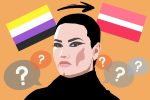
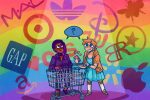

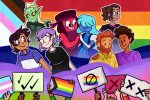





[…] that most Americans want Medicare for all, believe in women’s equality and equal pay, believe in LGBTQ rights, want free public education and so […]